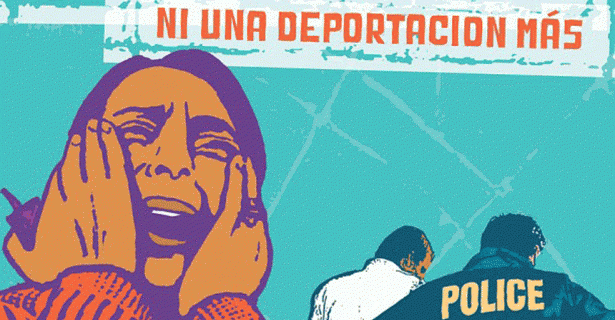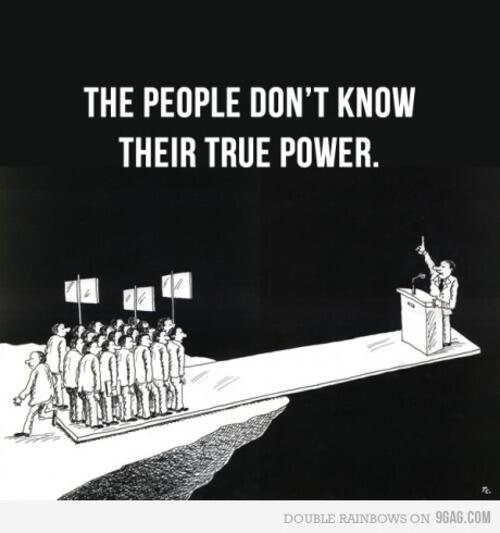Alabama Sin Miedo / Alabama Unafraid
The immigrant justice movement is a freedom struggle. This is exactly what is needed. More confrontation. More direct action. Not one more deportation.
Shared Article from inthesetimes.com
The Immigration Movement's Left Turn
Advocates are moving away from the “pathway-to-citizenship” compromise—and are demanding a moratorium on deportations.
inthesetimes.com
#Not1More #BordersAreStupid #ShutDownICE
Shared by Alabama Coalition for Immigrant Justice.
Who will be the Obama administration's two-millionth deportee? The question haunts neighborhoods, schools and workplaces from Phoenix to Philadelphia.
And as the Obama administration continues its en masse removal of undocumented immigrants, that unlucky distinction could go to any of the roughly 11 million undocumented people who call the U.S. home—a carwash worker nabbed for a broken taillight; a field laborer who has overstayed her work visa; or a youth donning a cap and gown, deliberately crossing the path of the border patrol in a show of civil disobedience.
Deportations are expected to reach the 2 million mark in early April, and activists are campaigning fiercely at the gates of detention centers, border checkpoints and congressional offices to show the White House they will not let the Obama administration's reach that milestone without a fight.
Last month in Alabama, immigrant rights advocates organized one such action by forming a human chain outside the Etowah County Detention Center, chanting "not one more"—the rallying cry of a wave of anti-deportation actions that have swept the nation over the past year, gaining political currency as a social media campaign, a slogan at street demonstrations, and more recently, a political salvo in Washington, where more conciliatory policy demands from inside the Beltway have sputtered.
One protester at the Etowah rally, Gwendolyn Ferreti Manjarrez, declared, "I am tired of living with the fear that my family or any family can be torn apart at the seams for living our everyday life."
— Michelle Chen, The Immigration Movement’s Left Turn,
from In These Times (1 April 2014)


